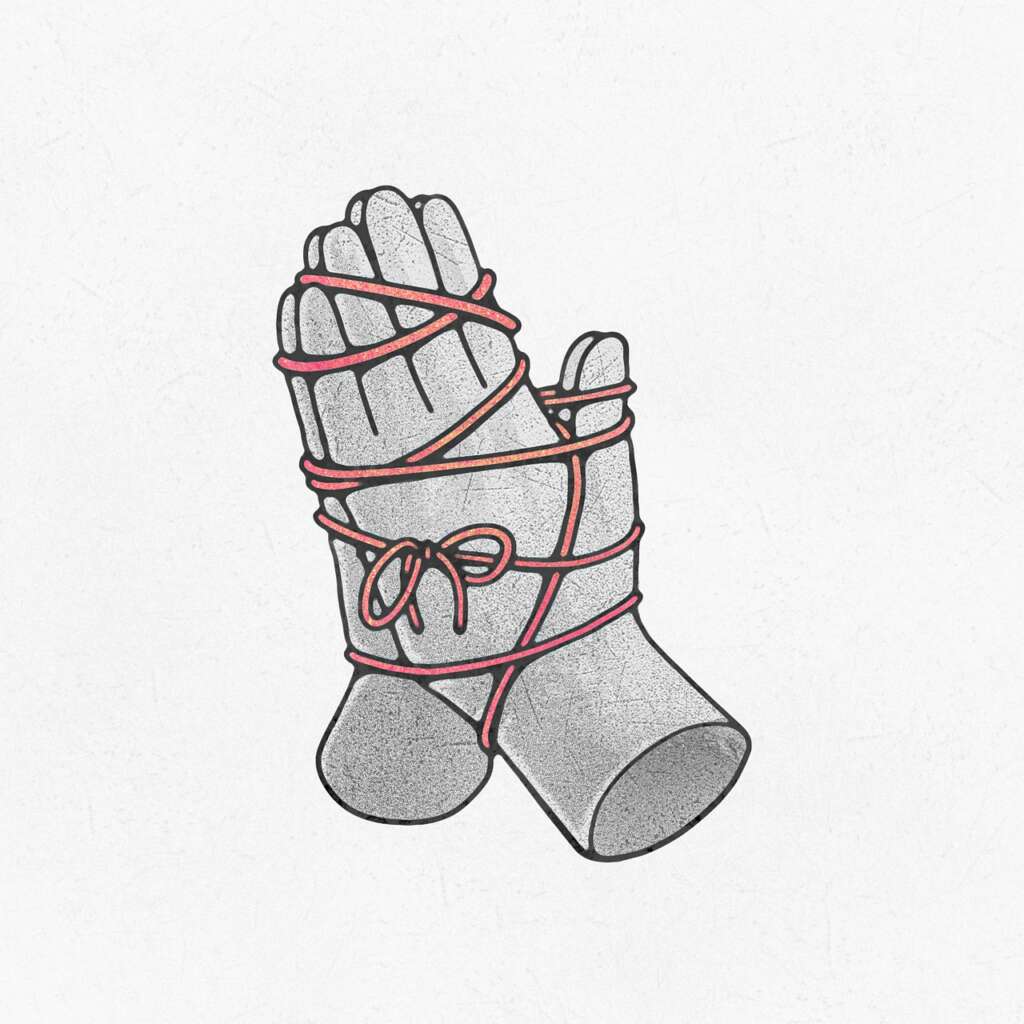Obsessive-Compulsive Disorder (OCD) is a psychological condition that often brings with it a range of perplexing and distressing symptoms. Among these, a curious complaint frequently arises: individuals with OCD find themselves unsure whether they have truly completed a task or have simply imagined doing so. This intriguing phenomenon has spurred comprehensive research endeavors, seeking to unravel the potential ties between this uncertainty and memory deficits or biases. The evolving findings provide a nuanced glimpse into the intricate relationship between OCD and memory, shedding light on the complexities of this disorder.
Early investigations into this peculiar complaint yielded noteworthy insights. It appeared plausible that OCD might manifest alongside a memory deficit or a memory bias, giving rise to this uncertainty regarding accomplished tasks. As research unfolded, initial results seemed to align with this hypothesis, suggesting that OCD might indeed be linked to impaired memory for actions undertaken by individuals. However, a compelling twist emerged – the hypothesis that OCD patients could be confusing memories of performed actions with those of imagined actions was ultimately debunked.
One intriguing revelation emanates from the realm of memory confidence. It was discovered that individuals grappling with OCD exhibit a diminished sense of confidence in their own memory, a trait particularly pronounced among a subtype known as “checkers” – individuals marked by compulsions centered around excessive checking behaviors, like inspecting stoves or door locks. Contrary to initial assumptions, studies indicated that the act of checking itself was not indicative of poor memory. Instead, it was revealed that the crux of the matter rested in a lack of confidence in one’s memory.
Further delving into this realm of memory confidence uncovered fascinating dynamics. A study examining participants with OCD revealed a distinct pattern: a reduced trust in their memory for potentially unsafe objects, especially those of a threatening nature. This contrasted with the confidence levels of healthy participants. As these individuals were repeatedly exposed to unsafe objects, their memory confidence further eroded, suggesting a cyclical relationship between the nature of OCD and the perceptions of memory.
A recent facet of research has highlighted a potential mechanism for memory impairment within the context of OCD’s checking compulsions. It was suggested that repeated checking may inadvertently contribute to a decline in the vividness and detail of recollections. This, in turn, could intensify the inherent lack of confidence in memory, reinforcing a cycle of uncertainty.
In essence, the confluence of research outcomes illuminates the intricate interplay between OCD and memory confidence. This newfound understanding not only challenges initial assumptions but also introduces a fresh perspective on the multifaceted nature of OCD symptoms. The exploration of memory within the context of OCD underscores the necessity of comprehensive approaches to diagnosis and treatment. By addressing not only the outward manifestations of OCD but also the internal uncertainties surrounding memory, a more holistic and effective strategy for managing this complex disorder can be formulated.
In conclusion, the perplexing issue of memory uncertainty in OCD has spurred a comprehensive investigation into the ties between this phenomenon and memory deficits or biases. The evolving findings have debunked certain hypotheses while illuminating unexpected aspects of memory confidence. This ever-unfolding narrative underscores the importance of delving beyond surface-level symptoms to comprehend the intricate nuances of psychological disorders, offering a ray of hope for more effective interventions and treatments.
Reference:
Muller, J., & Roberts, J. E. (2005). Memory and attention in Obsessive-Compulsive Disorder: a review. J Anxiety Disord, 19(1), 1-28. doi:10.1016/j.janxdis.2003.12.001

